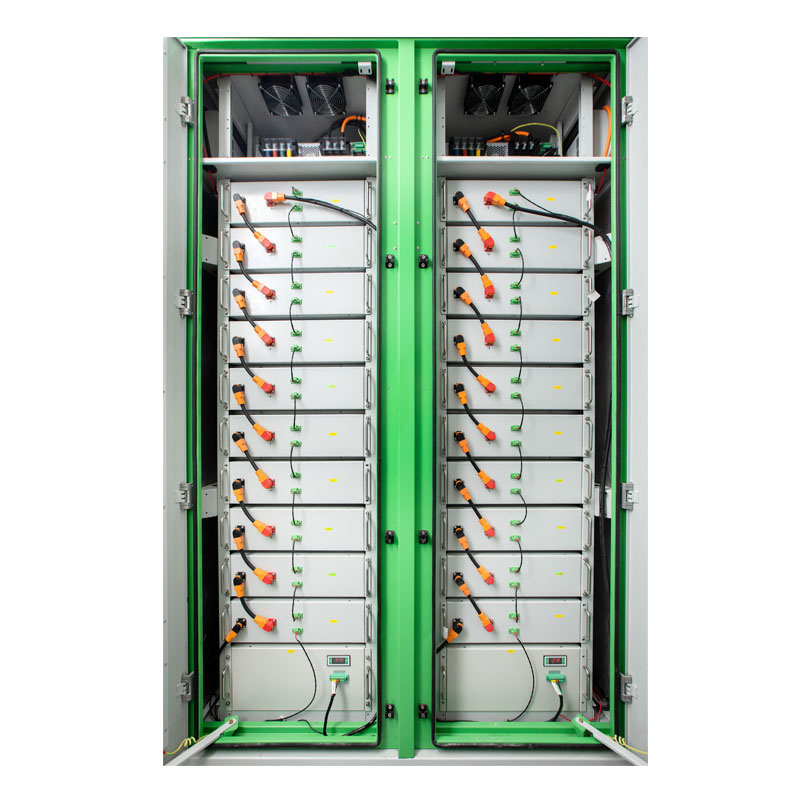
ديسمبر . 04, 2024 00:11 Back to list
Overview of Energy Storage Technologies and Key Suppliers in the Market
Overview of Energy Storage Technology and Key Suppliers
Energy storage technology plays an increasingly critical role in modern energy systems, supporting the integration of renewable energy sources, enhancing grid reliability, and improving energy efficiency. As the demand for sustainable and flexible energy solutions grows, various technologies have emerged, each with unique characteristics and applications. This article provides an overview of prominent energy storage technologies and highlights key suppliers in the market.
Types of Energy Storage Technologies
1. Batteries Batteries are perhaps the most recognized form of energy storage. Lithium-ion batteries dominate the market due to their high energy density, efficiency, and declining costs. These batteries are widely used in electric vehicles (EVs), consumer electronics, and stationary storage applications. Other battery technologies include lead-acid, nickel-cadmium, and emerging solutions like solid-state batteries, which promise greater safety and energy density.
2. Pumped Hydro Storage Pumped hydro is the most established form of large-scale energy storage. It operates by pumping water to a reservoir at a higher elevation during periods of excess energy and releasing it through turbines to generate electricity when demand peaks. Although it requires specific geographical conditions, its efficiency and capacity make it a favorite for grid-level storage.
3. Mechanical Storage This category includes flywheels and compressed air energy storage (CAES). Flywheels store kinetic energy by spinning at high speeds, making them ideal for short-duration applications requiring rapid response times. On the other hand, CAES involves compressing air in underground caverns during low demand and releasing it to generate electricity when needed.
4. Thermal Storage Thermal energy storage systems store heat for later use. They can be integrated with concentrated solar power (CSP) plants, where heat is stored in materials like molten salt. This technology can shift energy consumption from peak to off-peak hours, making it valuable for grid management.
5. Hydrogen Storage Hydrogen can be produced through electrolysis using excess renewable energy and then stored for later use. This versatile energy carrier can be converted back into electricity, used in fuel cells, or employed in various industrial processes. With advancements in hydrogen technology, its role in energy storage is expected to expand significantly.
Key Suppliers in the Energy Storage Market
energy storage technology overview suppliers

Several companies lead the energy storage sector, delivering innovative solutions and technologies that cater to diverse needs
1. Tesla Known for its electric vehicles, Tesla has also made significant strides in energy storage with its Powerwall and Powerpack products. These lithium-ion battery systems cater to residential and commercial applications, providing backup power and enabling energy arbitrage.
2. LG Energy Solution LG is a major player in battery manufacturing, producing high-performance lithium-ion batteries for both automotive and stationary applications. Their residential energy storage systems are widely adopted in various markets.
3. Fluence A joint venture between Siemens and AES, Fluence specializes in grid-scale energy storage solutions. Their products encompass both hardware and software, providing advanced energy management capabilities to optimize storage performance.
4. NextEra Energy Resources As one of the largest renewable energy developers, NextEra has a significant interest in energy storage, deploying large-scale battery projects that complement their wind and solar assets.
5. Rolls-Royce Historically known for its engines, Rolls-Royce has ventured into the energy storage space with its mtu EnergyPack, aiming to provide integrated solutions for industrial and commercial applications.
Conclusion
Energy storage technology is vital for enabling a more resilient and sustainable energy future. With advancements across various storage technologies and an increasing number of suppliers entering the market, the potential for innovation and expansion in this field continues to grow. By maximizing the efficiency of renewable energy sources and enhancing grid stability, energy storage will play a key role in the transition to a low-carbon economy.
-
Advanced AI Energy Management with GPT-4 Turbo
NewsAug.02,2025
-
AI-Powered EMS with GPT-4-Turbo | Efficiency Boost
NewsAug.01,2025
-
Optimized Storage System for GPT-4-Turbo | High Performance
NewsJul.31,2025
-
AI Energy Management System w/ GPT-4 Turbo Efficiency
NewsJul.31,2025
-
High-Performance Energy Storage System for Reliable Power Solutions
NewsJul.30,2025
-
Advanced EMS Solutions for Energy Management System & Storage Battery Companies
NewsJul.29,2025























